Wisconsin is fast becoming a leader in organic agriculture, known for its traditional farming roots and its growing number of certified organic farms. These farms use sustainable, chemical-free farming practices that protect the soil, promote biodiversity, and deliver organic food of the highest quality to communities across the state. Organic farming in Wisconsin has evolved into a thriving business, transforming from a hobby to a full-fledged enterprise that meets consumer needs.
Whether you’re searching for local organic vegetables, pasture-raised organic meat, or joining a CSA program, there’s never been a better time to connect with the heart of Wisconsin’s organic farming movement.
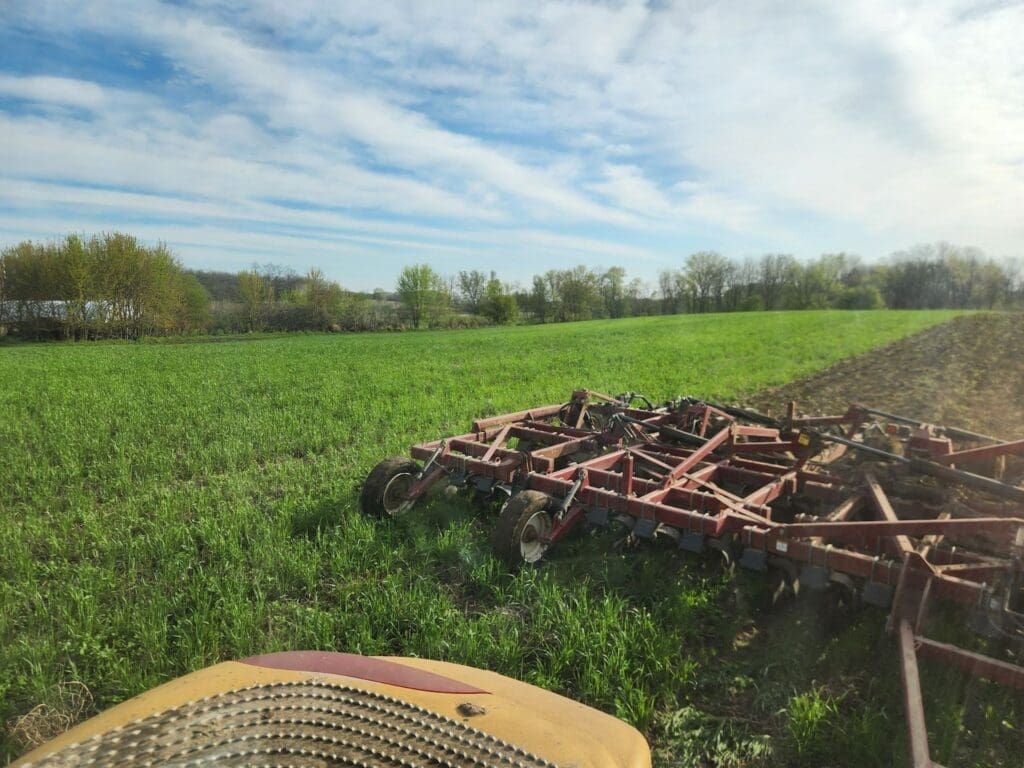
Organic farming is an agricultural system that emphasizes using naturally occurring, non-synthetic inputs to produce high-quality, organic food. Also known as ecological farming, this method focuses on growing crops and raising livestock without synthetic fertilizers, pesticides, or genetically modified organisms. Organic farming aims to create a sustainable and environmentally friendly food production system that promotes soil health, biodiversity, and efficient water use.
Organic farming practices, such as crop rotation, composting, and integrated pest management, help maintain soil fertility, reduce erosion, and minimize the use of synthetic substances. These methods improve soil health, increase crop yields, and reduce environmental pollution. For consumers, the benefits of organic farming are clear: healthier food free from harmful pesticides and fertilizers, and a more sustainable approach to agriculture that supports the well-being of our planet.
Organic farming in Wisconsin goes far beyond avoiding synthetic fertilizers and pesticides. It embraces a holistic approach that nurtures the land, supports farmers, and produces nutritious, clean food for consumers who care about their health and the planet.
Many organic producers in Wisconsin follow organic production methods certified by the United States Department of Agriculture (USDA). These certified organic farms must meet rigorous organic certification standards, including using organic techniques, rotational grazing, crop diversity, and avoiding synthetic substances. An essential aspect of these practices is raising grass-fed cattle on pastureland, contributing to soil health and the overall ecosystem.
The result? Organic food tastes better and is grown in ways that regenerate the soil, protect water sources, and support healthy livestock and plants.

Certified organic farms have been inspected and certified by a state or private agency to ensure they meet the standards for organic production. To achieve certification, farms must demonstrate organic techniques, such as natural fertilizers and pest control methods, and avoid synthetic substances and genetically modified organisms.
These farms must keep detailed records of their farming practices, including crop rotation, soil testing, and pest management, to ensure compliance with organic standards. The certification process typically involves an annual inspection by a certified inspector, who reviews the farm’s records and conducts a site visit to verify adherence to organic production standards.
Certified organic farms can proudly display the USDA Organic seal on their products, guaranteeing that they meet the rigorous organic production and handling standards. This seal gives consumers confidence that they are purchasing genuinely organic food with the highest standards of care for the environment and their health.

Here are a few Wisconsin-based organic farms making an impact through quality and innovation:
A small but mighty CSA farm, Sprouting Acres offers seasonal organic vegetables, fruits, and herbs grown carefully. Seeds are crucial for the variety and quality of produce offered through their CSA program, and they cannot be overstated. The farm also hosts farm dinners and cooking classes, actively engaging the community in its growing process.
Specializing in grass-fed organic meat, including beef, pork, and poultry, Alden Hills focuses on pasture-based livestock practices that respect the animals and the land. Their products are available at farmers’ markets and through local delivery.
A diversified organic farm offering a wide range of certified organic produce, meat, and flowers. Gwenyn Hill practices organic regenerative farming, which restores ecosystem balance and improves soil health. For example, using cover crops and crop rotation enhances soil fertility and reduces pest pressure, demonstrating effective organic farming practices.

Community Supported Agriculture (CSA) is a program that allows consumers to purchase a share of a farm’s produce regularly, typically weekly or biweekly. CSA programs create a direct link between consumers and farmers, enabling consumers to enjoy fresh, locally grown produce while supporting local agriculture.
CSA programs often include a variety of organic vegetables, fruits, and other products, such as organic meat, dairy, and baked goods. Many CSA programs offer additional benefits, such as farm tours, cooking classes, and recipes, to help consumers maximize their share. By participating in a CSA program, consumers can support local organic farmers, enjoy the freshest seasonal produce, and become more involved in their community’s food system.
Wisconsin boasts a vibrant network of farmers’ markets, grocery stores, and CSA programs that connect consumers directly to organic food farmers. Effective marketing plays a crucial role in promoting organic food and farming practices, with local food marketing guides helping to connect consumers with organic producers. Visiting a local market like the Brookfield Farmers Market is a great way to meet organic farmers, sample their offerings, and learn about their organic production philosophies.
Additionally, CSA programs—short for Community Supported Agriculture—allow families to receive weekly boxes of fresh, seasonal organic vegetables and other organic farm products. It’s a direct, transparent way to support local farmers and enjoy food grown close to home.

Many organic farms offer farm events and activities, such as farm tours, harvest festivals, and cooking classes, to educate consumers about organic farming practices and promote their products. These events provide a unique opportunity for consumers to learn about organic farming and connect with the farmers who grow their food.
Some farms host farm dinners, where consumers can enjoy meals made from fresh, locally grown ingredients in a beautiful rural setting. Other farms offer workshops and classes on organic gardening, composting, and food preservation, helping consumers develop new skills and promote sustainable living. Participating in farm events and activities is an excellent way for consumers to get involved in their community’s food system and support local organic farmers.
When you choose organic farms in Wisconsin, you’re doing more than buying organic food—you’re investing in a healthier community, a cleaner environment, and a more sustainable agriculture system. Organic farming has grown significantly, ensuring food safety and supporting local economies. Some key benefits include:

Many resources are available to help consumers learn more about organic farming and find certified organic farms and products. The USDA National Organic Program provides information on organic farming practices, certification, labeling, and a directory of certified organic farms and handlers.
The Wisconsin Department of Agriculture, Trade and Consumer Protection (DATCP) offers information on organic farming in Wisconsin, including a directory of certified organic farms and a guide to organic farming practices. Organizations such as the Organic Trade Association and the National Organic Coalition provide valuable information and resources on organic farming and trade.
Consumers can also find organic farming resources at their local farmers’ market or through their local CSA program, which can provide information on organic farming practices and products and opportunities to connect with local organic farmers. By utilizing these resources, consumers can make informed choices about the food they eat and support the growth of organic agriculture.
Wisconsin’s organic agriculture scene is thriving, from smaller farms focused on heirloom vegetables to diversified operations raising organic meat and livestock. These smaller farms operate as businesses that cater to local markets through direct sales and Community-Supported Agriculture (CSA) programs. As consumers become more aware of what they eat and where it comes from, supporting organic farming becomes more than a choice—it becomes a way to shape the future of food.
Look for a certified organic farm near you, explore farmers markets, sign up for a CSA program, or take a local farm tour. You’ll not only receive the freshest and most nutritious organic food, you’ll become part of a movement that values the earth, the farmers, and the communities we all share.
Ready to explore more? Start with your local farms or check out regional directories to find Wisconsin’s best organic farms near you.
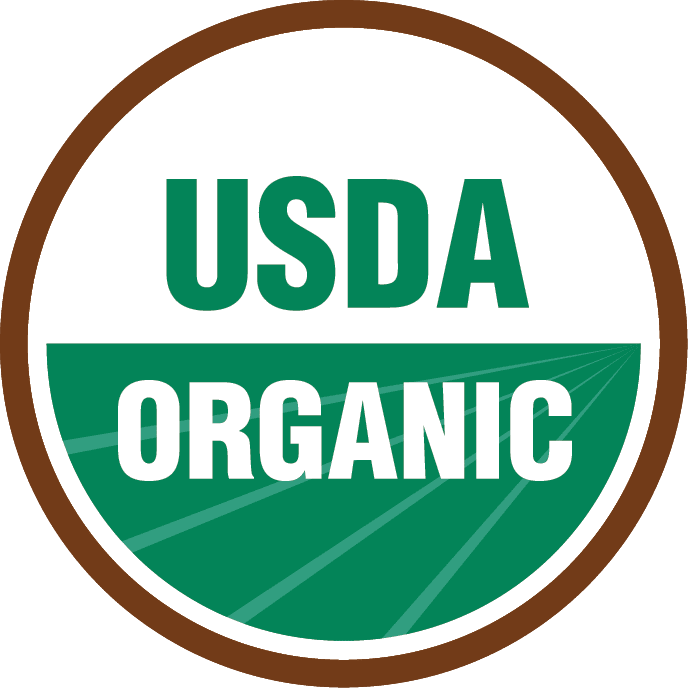
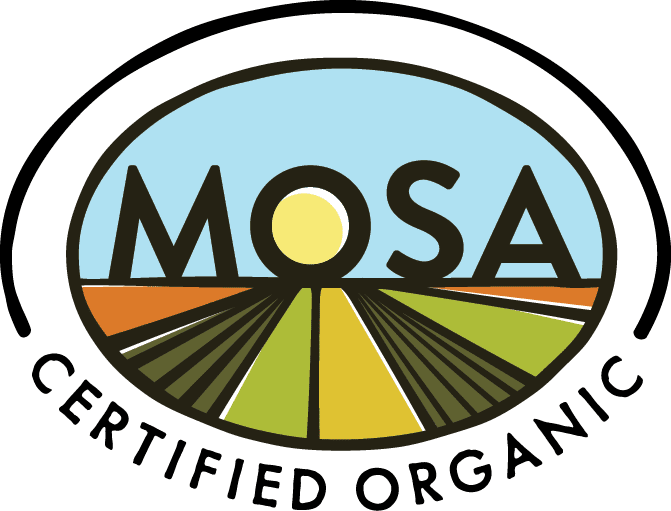

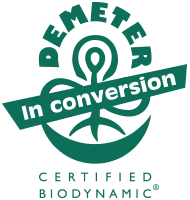
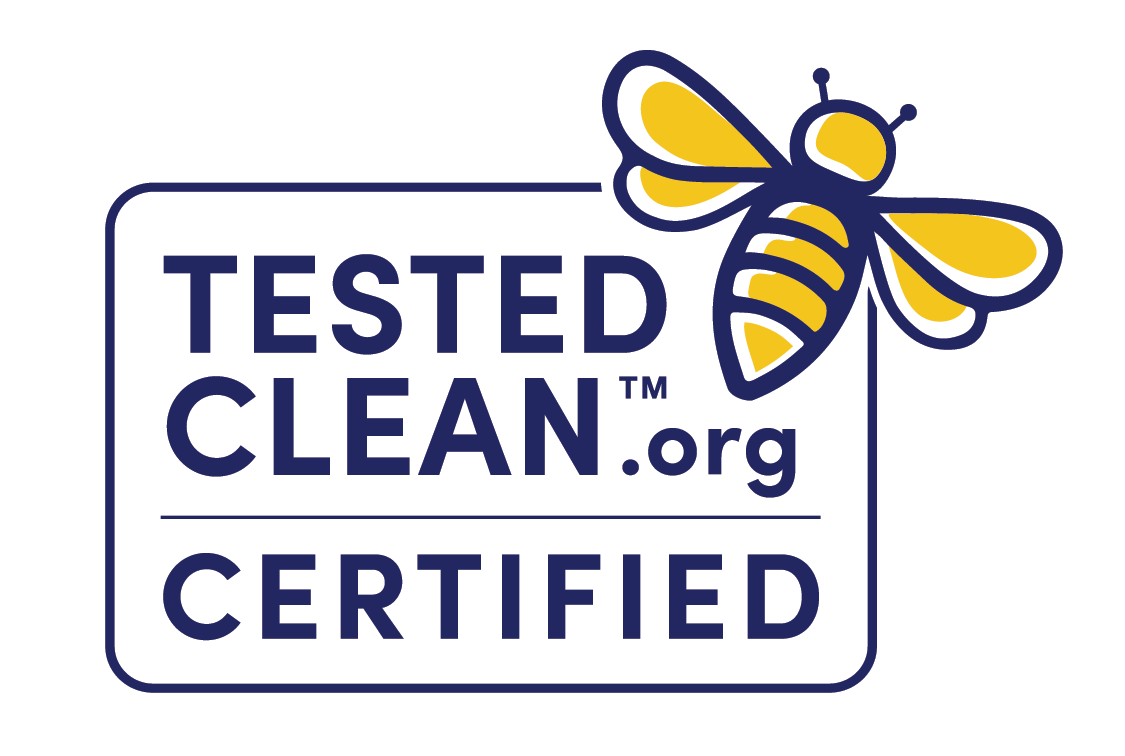
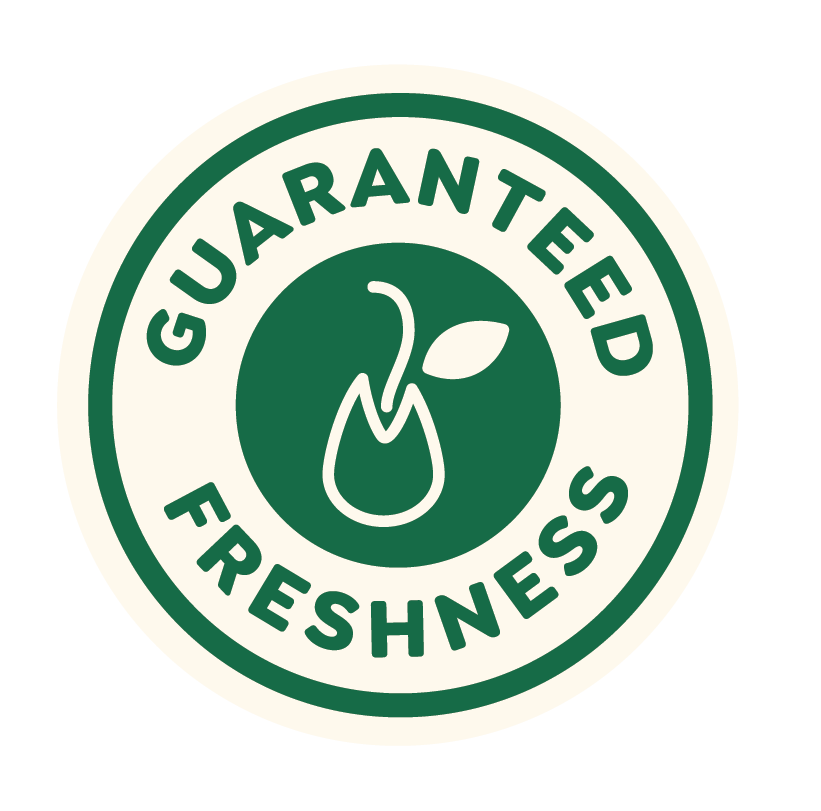
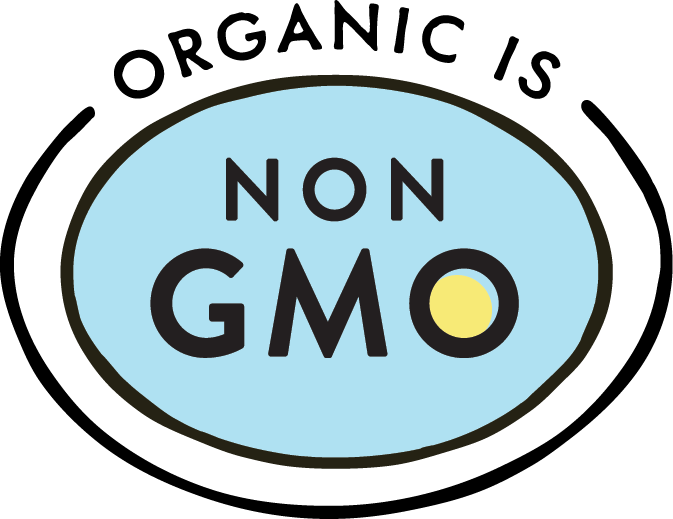
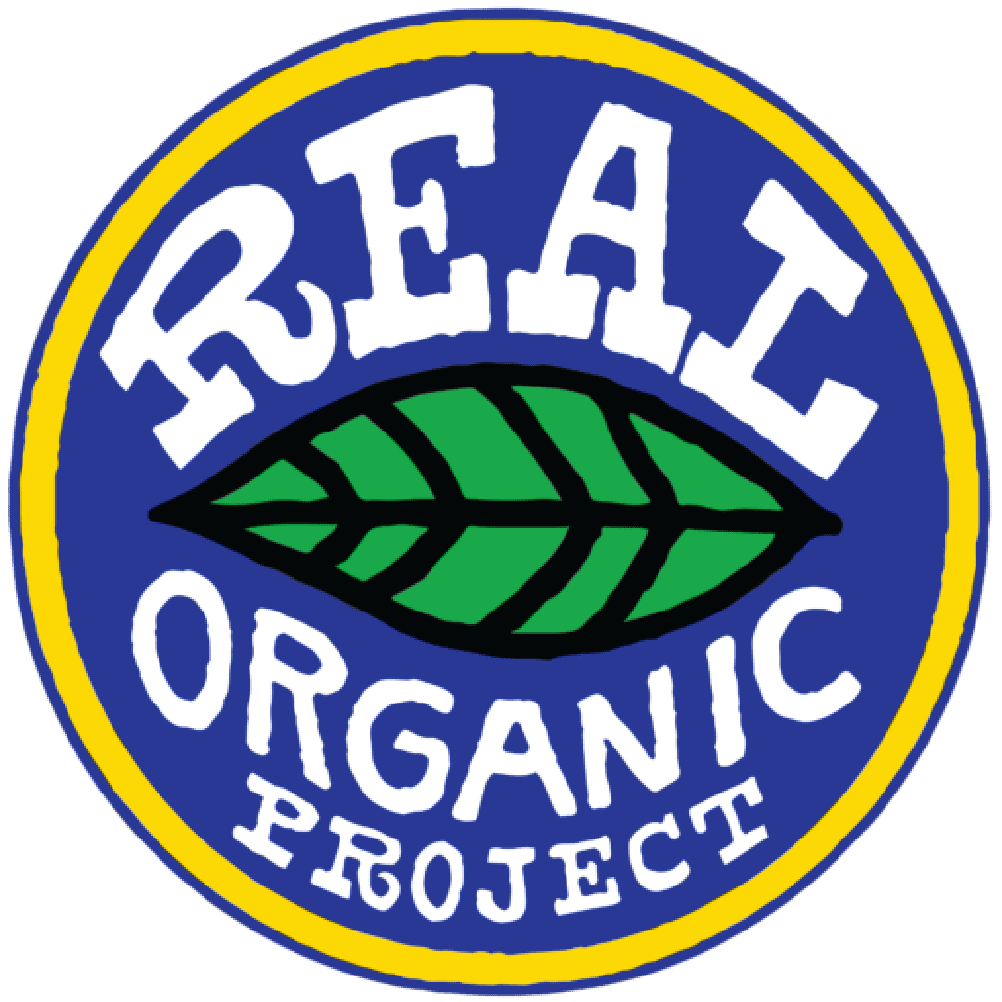
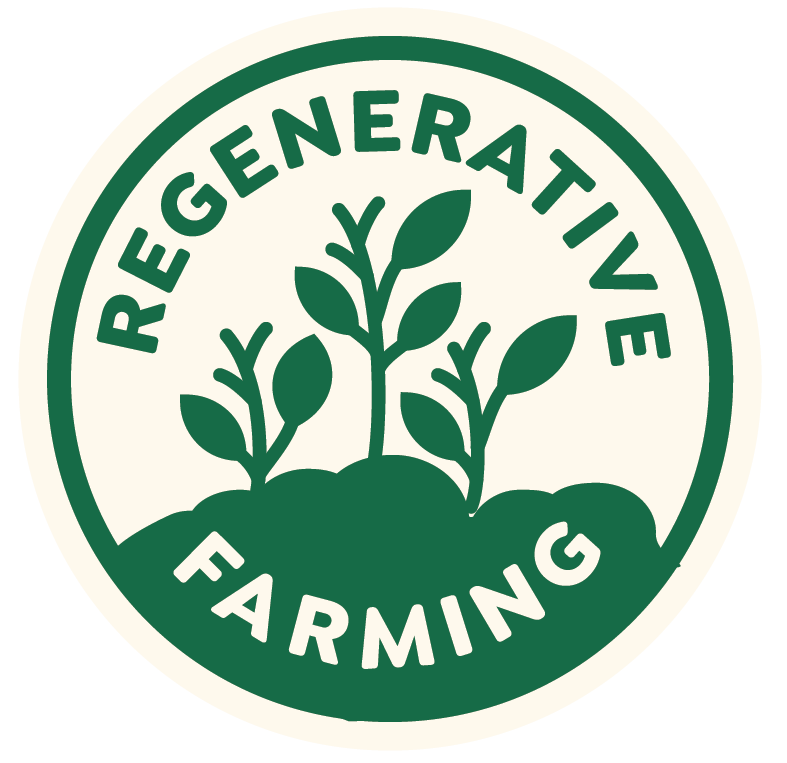
Sign Up for Exclusive Updates, Current Events, Recipes, and Special Offers and more!